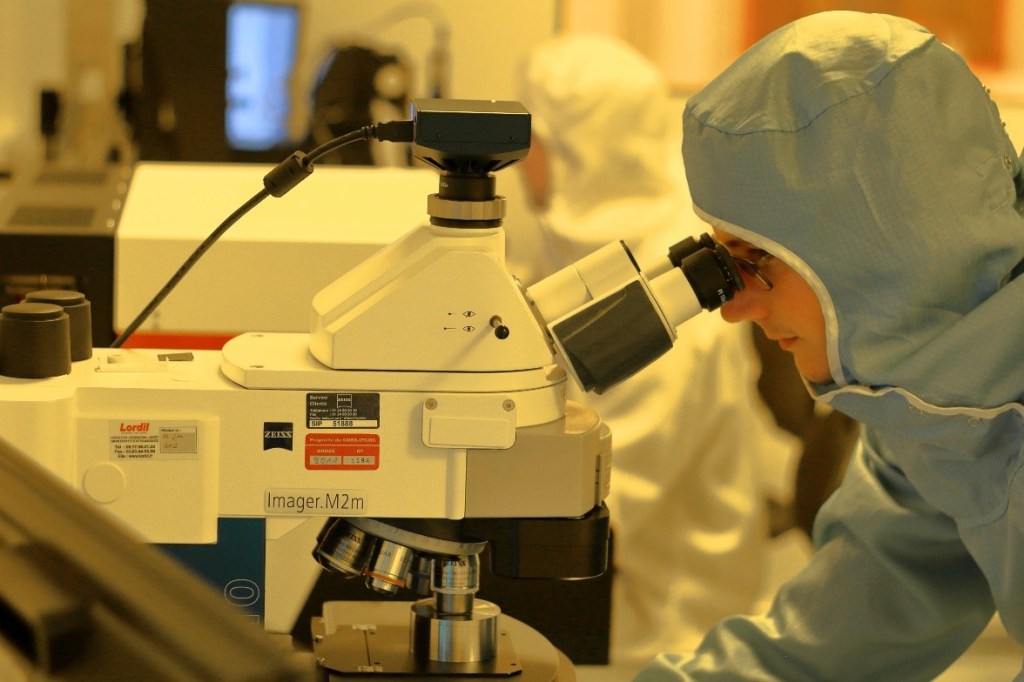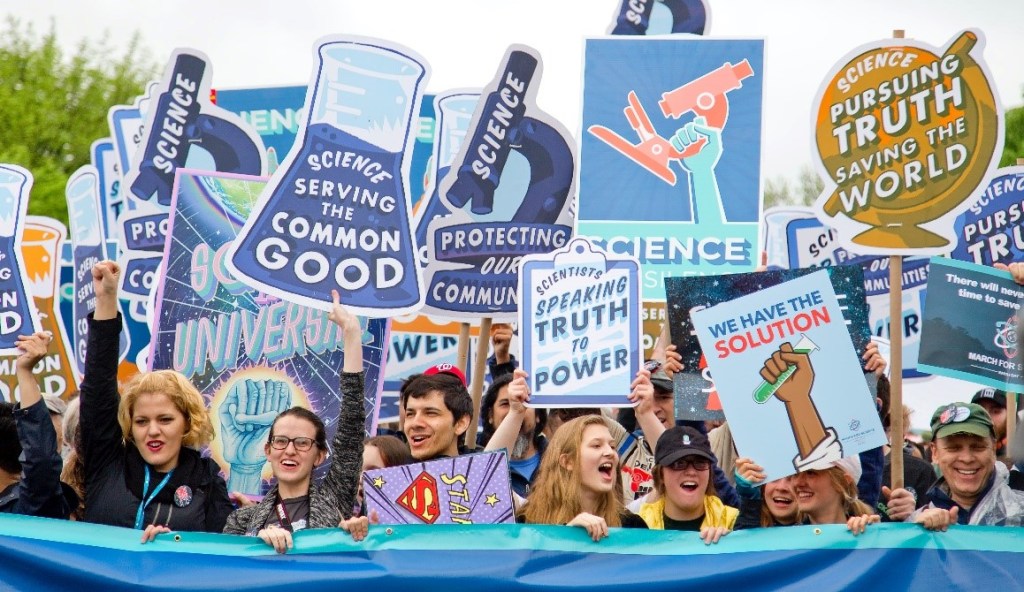Introduction
We live in the information age, and every day, more of this information is science-based. Science pervades our daily lives, whether on the news, in television, online, or in everyday discussions. Not only is science gaining prominence as a field of study and work as technology progresses, but many of today’s most pressing issues require scientific understanding to comprehend, and scientific responses to deal with — whether it’s climate change and natural disasters, or the COVID-19 pandemic.
Today, some level of science understanding — also called science literacy — is more important than ever. Science literacy helps you determine which of the numerous discussions and explanations being thrown at you are valid and which are bunk.
Today, some level of science understanding — also called science literacy — is more important than ever.
Tweet
Keep reading to learn more about science literacy, why it matters, and how to increase your science literacy.
What is Science Literacy?
You don’t have to be a rocket scientist to have a working knowledge of science that can help you discern fact from fiction. Science literacy is essentially about having the basic scientific knowledge to:
- Ask important questions;
- Know where to find the answers to important questions;
- Judge the validity of the answers you find; and
- Apply the information you find to your life — for example, to solve problems.
Science literacy means that you understand science and the scientific process well enough to be able to understand scientific data and explanations. Importantly, science literacy also helps you determine the legitimacy and significance of scientific information.
#ScienceLiteracy means you have a working knowledge of how to interpret and use scientific information, including being able to determine the legitimacy and significance of this information.
Tweet
Science literacy helps you understand everyday information, such as articles or statistics about, for example, medical research, new technologies, or environmental science. Being “science literate” means that you have the skills to think critically about the information presented. This skill comes from an understanding of the science as well as curiosity about the information presented.
Science literacy involves four interrelated capacities:
- Understanding what it means for information, data, or findings to be considered scientifically legitimate: Questions to ask yourself when reviewing scientific information include:
- Does the information or data follow accepted scientific standards for research methods?
- Is the information peer-reviewed? Is it replicable? Has it been replicated without being disproven?
- Knowing where to find scientifically legitimate sources, such as:
- PubMed, Google Scholar, or other search engines for peer-reviewed scientific research journals
- Scientific reports from national or international organizations like the National Institutes of Health or the World Health Organization
- Scientific textbooks or research books
- Websites for legitimate scientific and medical organizations (for example, Harvard Medical School)
- Being able to understand the information you find from these sources: For example, if you are reading about a scientific study, ask yourself:
- What was the study about?
- What were the major findings?
- What methods did they use in their study?
- Being able to apply what you learn from these sources: Consider the following questions when interpreting the information you find:
- How does this information relate to other important questions or issues?
- Does this information legitimate or delegitimate other research and findings?
Why is Science Literacy Important?
Science, Technology, Engineering, and Mathematics (STEM) is among the fastest growing fields of work and study today. As technology advances and humanity seeks better living through science, more and more issues will require scientific literacy to understand: from global warming and the related environmental disasters, to disease research and the race to find a COVID-19 vaccine amidst the pandemic, to rapidly improving and expanding technology to accommodate the need for virtual work and communication.
Science literacy has never been more needed amidst the #COVID19 pandemic.
Tweet
There is an overwhelming amount of scientific information today — including a quickly growing body of dissenting or conflicting explanations for today’s pressing issues, from global ecological degradation to the state of COVID-19 infection rates and ways to overcome the COVID-19 pandemic. Science literacy is a useful tool to navigate this cacophony of explanations and data.
With all the information overload, it is vital to know what kinds of questions to ask to quickly figure out what information is useful:
- Where did this information come from?
- How was it tested?
- What data was used to determine these numbers?
- What are the credentials of the reporting expert?
- Are the data, methods, and findings consistent with accepted standards in the scientific community?
It’s also important to know where to find the answers to these questions, and to be able to understand and apply the answers when you find them. This is where scientific literacy comes in. Having scientific literacy is knowing how to find legitimate scientific journals, books, or websites; it is knowing where to look to find the information. Once you have found the sources for the information, you will need basic scientific literacy to understand what you read. You need to be able to understand the research that was conducted and the key findings. You also need to be able to determine and understand the significance of any limitations of the research.

How to Improve Your Science Literacy
The good news is that there are many resources available — both online and in the real world — to increase your science literacy. There are also multiple ways to go about increasing your science literacy. You can take the “textbook” approach and begin with studying general science topics using classroom-type learning materials such as online lessons or textbooks. You can also take the “learn-as-you-go” approach, and begin by looking up science research, and investigating the meaning of important concepts, methods, or findings that you come across over the course of your sleuthing.
Online Learning Resources
There are numerous websites available online with various types of learning resources. Depending upon your style of learning, you may prefer working through activities, reading PowerPoint presentations, listening to lectures, or watching videos. Since the purpose of science literacy includes being able to determine the validity of the information you encounter, it is important to make sure you are learning from legitimate sources. When you are looking for online learning resources, focus on those that are either on university or college websites (or other educational institutions) or are from credentialed science teachers or scientists.
Science Books and Textbooks
Textbooks and science literature (books) are great learning resources. You can order used introductory science textbooks online or at your local bookstore (you can often purchase used textbooks at a steep discount). Depending on your current level of science literacy, it may be best to start with a textbook designed for high school or early college audiences, rather than more specialized fields.
If you are just beginning to build science literacy, books intended for general audiences will likely be more approachable. As with the other types of learning resources, make sure your books are authored by a credentialed expert who can serve as an authoritative source of scientific information.
Research Articles
Alternatively, you can “learn-as-you-go” by reading scientific research articles. PubMed is a great resource for finding science articles that are peer-reviewed and featured in respected scientific journals. This method incorporates the previously mentioned learning resources, but uses a more focused approach to learning, where you look up explanations of specific concepts, methods, and findings as you run across them in the article.
A more detailed description of how to research topics with which you are unfamiliar is available in our blog, “How to Research and Write Skillfully About Something You Know Nothing About,” featured in the Fancy Comma blog page. Essentially, with this method of learning, you need to make sure that you understand each concept, method, or finding well enough to explain it to someone else.
Conclusion
Working to achieve #science literacy is one of the most important steps you can take to protect yourself from #misinformation.
Tweet
Working to achieve science literacy is one of the most important steps you can take to protect yourself from misinformation and to make sure that you can understand the most important issues facing the world and your life. Developing or improving your science literacy sets you up to ask the important questions about the information you encounter in your day-to-day life — and helps you use your own knowledge and judgement to determine the truth about what is happening in the world and why.


8 thoughts on “Science Literacy: An Important Tool in the Information Age”